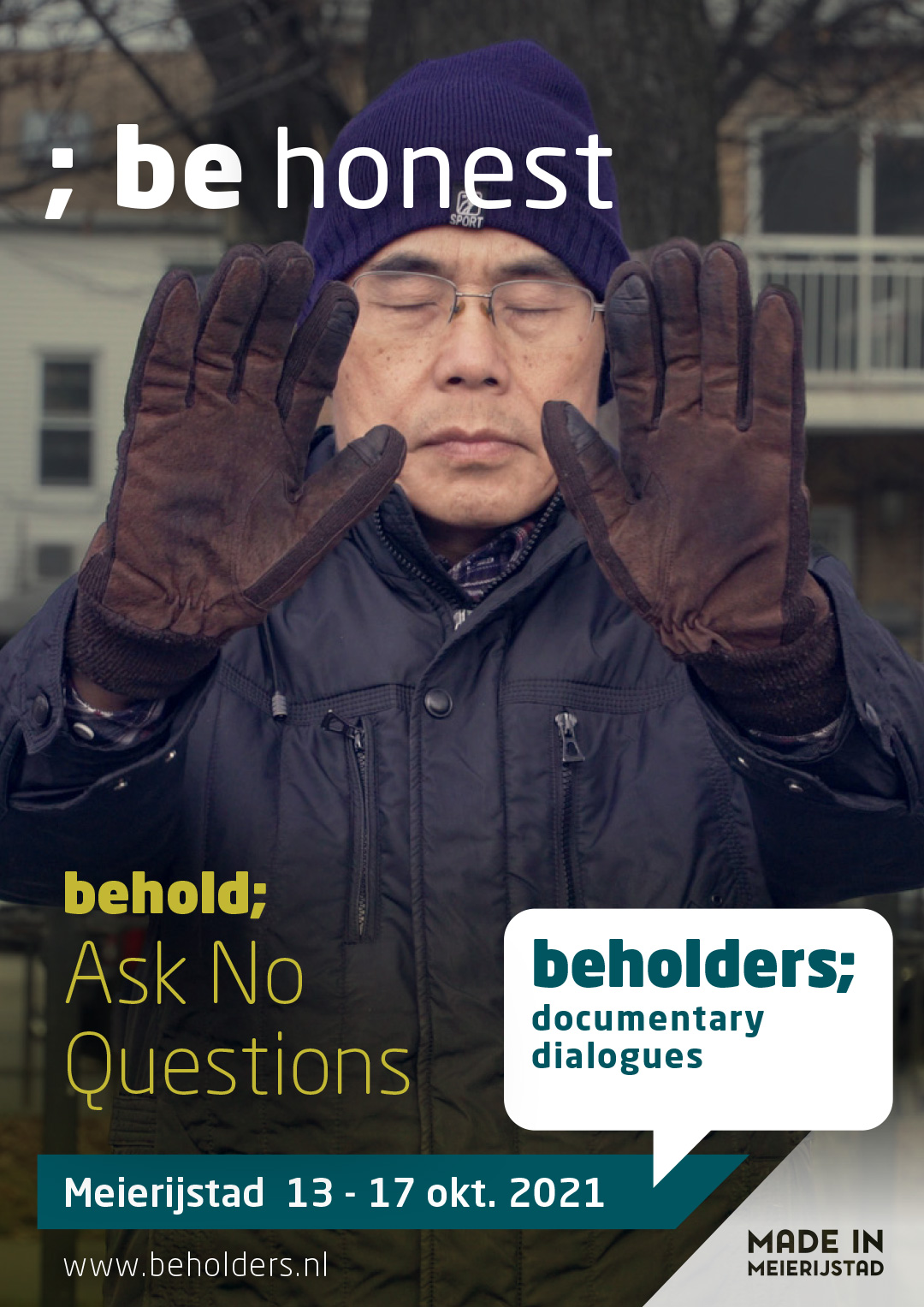director's statement 2021;
Jason Loftus
Ask No Questions
It began in high school in the late ‘90s with my interest in meditation and eastern philosophy. In 1998, I encountered Falun Gong, a Buddhist meditation discipline that was exploding in popularity in China but still largely unknown in the West. A year later, that would change. The Chinese authorities banned Falun Gong and began a nationwide crackdown on those who persisted with the practice, now labelled a danger to society.
A pivotal moment was the January 23, 2001 self-immolation of seven purported Falun Gong adherents in Beijing’s Tiananmen Square. One woman died on site. Four others were badly burned. Among the participants were two sets of mothers and daughters. All had supposedly been driven by Falun Gong to set themselves on fire. Suddenly, there was horrifying visual evidence to support the Chinese regime’s crackdown.
The Chinese authorities pressured my own business partners and family members.
In 2017, I met Chen Ruichang. The harrowing stories of what he endured during his imprisonments over several years helped me to see that in China the self-immolation had not quickly faded from memory. It had become part of an ongoing—and often brutal—campaign to compel Falun Gong practitioners to abandon their beliefs. And despite what he faced, Chen was adamant that the self-immolation event had been staged.
The search became much more than answering who was behind these human fires and how and why they did this. It would challenge my notions of what is possible when power over both information and politics is concentrated so absolutely in authoritarian hands. It would lead me to question what other accepted truths might be shaped by powerful political and financial interests.
Much of the evidence uncovered in this investigation was actually hiding in plain sight, but in the end I’m not left wondering how journalists missed it. Seeing the real threats media companies face in pursuing stories in China (the Chinese authorities pressured my own business partners and family members in China during the production of this film), I’m left instead asking how we can arm ourselves to do any better.
As we reconsider our relations with China amid a dire situation in Hong Kong, and new reports of widespread abuse of Uighur Muslims interned in Northwest China, there are even more reasons to ask this question now.
Jason Loftus
Ask No Questions


